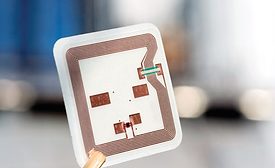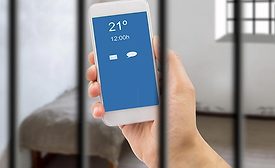Web Exclusive Stories
Three Reasons Healthcare CISOs Can’t Ignore Vendor Compliance
CISOs must prioritize vendor compliance to protect their company and patients from risk and avoid reputational damage, expensive penalties, and other financial impacts.
July 18, 2019
Sign-up to receive top management & result-driven techniques in the industry.
Join over 20,000+ industry leaders who receive our premium content.
SIGN UP TODAY!Copyright ©2024. All Rights Reserved BNP Media.
Design, CMS, Hosting & Web Development :: ePublishing


















